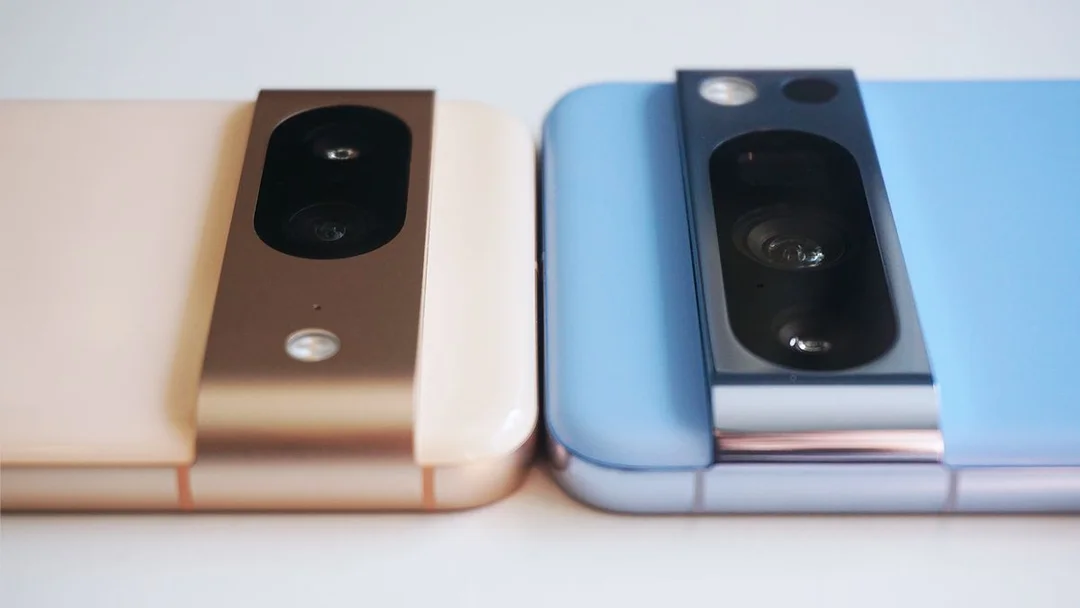
Google’s Pixel Battery Health Feature: A Frustrating Limitation for Older Devices
Google's decision to limit the new Battery Health feature in Android 16 to only the Pixel 8a and newer phones has sparked considerable frustration and debate within the Android community. The feature, designed to provide users with a clear overview of their device's battery capacity and health, will unfortunately leave many Pixel owners in the dark, including those with Pixel 8, Pixel 8 Pro, Pixel 7 series, and Pixel 6 series devices. Why is this causing such a stir?
The core issue lies in the perceived arbitrariness of the limitation. As Mishaal Rahman of Android Authority points out, restricting features based on hardware capabilities is understandable, but the Battery Health feature seems simple enough to be supported across a wider range of devices. "It's about as simple as software features get," Rahman argues, emphasizing that it's essentially just a new option in the settings app.

Google cites "product limitations" as the reason for the restriction, but this explanation has been met with skepticism. The fact that the Pixel 8a, with specs comparable to or even marginally lower than the Pixel 8 and Pixel 8 Pro, supports the feature while the latter two do not makes little sense to many observers. Robert Triggs from Android Authority highlights the irony: "If the Pixel 8, Pixel 8 Pro, and Pixel 8a all have the exact same chip, why is the cheaper Pixel 8a supported but the flagship Pixel 8 series isn’t? It doesn’t make any sense."
Adding insult to injury, the Battery Health feature is arguably most beneficial for older devices, where battery degradation is more likely to be a concern. Pixel 9 owners may not need to check their battery health immediately, but users with older models like the Pixel 6, 7, or 8 could derive significant value from this information. This point intensifies the feeling of being left behind for users of older models, a sentiment that is not being well received by the Android community.
Comparisons to Apple's approach further exacerbate the issue. Apple introduced their Battery Health feature with iOS 11 in 2018, and it's compatible with iPhones dating back to the iPhone 6, released over a decade ago. Google's seemingly more restrictive approach has drawn criticism, as it raises questions about their commitment to supporting older devices, especially given their pledge of seven years of updates for many of their phones.
Umar Shakir of The Verge also reported on the situation, noting Google's response on the Android Issue Tracker site, where a developer stated the Battery Health feature is considered "infeasible" for older devices. This has only fueled the speculation surrounding the true reasons behind the limitation.

While the rest of Android 16's features, like the blurred UI and Material 3 Expressive design, are expected to be available on supported Pixel phones, the omission of Battery Health continues to fuel speculation. Is it a genuine technical limitation, or does it hint at planned obsolescence? Without a clearer explanation from Google, the frustration is unlikely to dissipate.
Ultimately, Google's decision to withhold Battery Health from older Pixels sends a mixed message to its user base. While seven years of updates sounds good on paper, selectively disabling features raises questions about the true value of such long-term support. Is this an isolated case, or a harbinger of future limitations on older devices? What do you think? Let us know in the comments below!